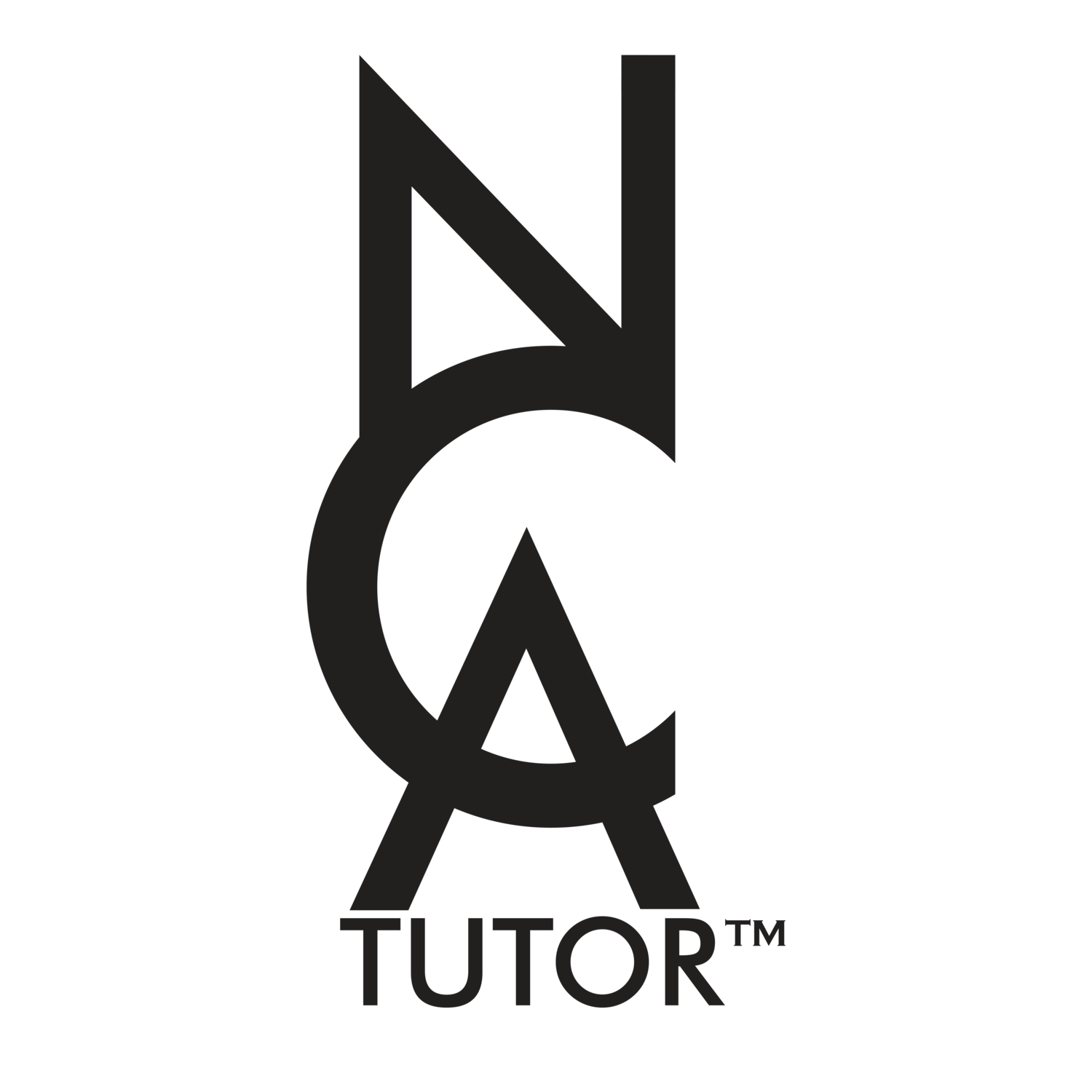David Sullivan and Thomas Chan, both from Ontario, committed violent crimes while heavily drunk from substances they had taken voluntarily. Although the two incidents are unrelated, both men claim that the pills put them in a state of "automatism", where someone claims to have lost entire control of himself due to intoxication or impairment.
Mr. Sullivan became inebriated after taking an overdose of prescription medicine and stabbed his mother with a knife, seriously wounding her. He was accused with aggravated assault and assault with a weapon, and several other offences.
Mr. Chan consumed "magic mushrooms" which contained the psilocybin chemical. He became inebriated and assaulted his father with a knife, killing him and critically injuring his father's partner. Mr. Chan was charged with manslaughter and aggravated assault during his trial. He claimed that, in addition to automatism, an underlying brain injury was to blame for his criminal acts.
Section 33.1 of the Criminal Code does not allow the use of automatism as a defense for offenses involving assault or interference with another person's bodily integrity. Mr. Sullivan and Mr. Chan contended in their respective trials that section 33.1 breaches sections 7 and 11(d) of the Canadian Charter of Rights and Freedoms (Charter). Section 7 ensures that everyone has the right to life, liberty, and security of the person, whereas section 11(d) ensures that everyone is deemed innocent until proven guilty.
In Mr. Sullivan's case, the trial judge acknowledged that he was acting involuntarily, but ruled that section 33.1 denied him from claiming automatism as a defense and found him guilty. A different trial judge ruled in Mr. Chan's case that he did not have to follow previous judgements by the same court declaring section 33.1 unconstitutional. Mr. Chan's brain injury, he added, was not the cause of his acts. As a result, he found Mr. Chan guilty.
Both individuals filed appeals with the Ontario Court of Appeal, which heard both cases concurrently. Mr. Sullivan was acquitted, but the Court of Appeal ordered a new trial for Mr. Chan since there was no actual finding of fact about automatism in his case. The Crown then took both decisions to the Supreme Court of Canada to appeal both decisions.
The appeals were dismissed by the Supreme Court.
In R. v. Brown, the Supreme Court decided section 33.1 of the Criminal Code was unconstitutional.
Justice Nicholas Kasirer, writing for a unanimous Supreme Court, stated that the Supreme Court's opinion in R. v. Brown, which was heard concurrently with these appeals and whose judgment is being issued concurrently, is applicable to this case. The Court rules in R. v. Brown that section 33.1 of the Criminal Code violates sections 7 and 11(d) of the Charter in a way that can't be justified in a free and democratic society and is therefore unconstitutional. Mr. Sullivan can be acquitted in this instance because he demonstrated that he was inebriated to the point of automatism, and the trial judge determined that he was acting involuntarily. Mr. Chan, for his part, can use the automatism defense in his next trial, according to Justice Kasirer.
The effect of a declaration of unconstitutionality by one trial court on another within the same province
The Supreme Court also considered whether a trial court's determination of unconstitutionality is binding on other courts in the same province in this instance. A decision is binding on other trial courts, according to the Court, unless the facts are extremely different or the court had no practical way of knowing the decision existed.






